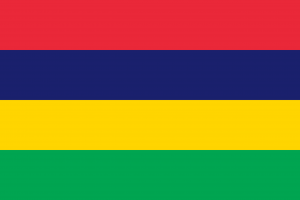Language/Morisyen/Grammar/Conditional-Mood
Hi Morisyen learners! 😊
In today's lesson, we will be exploring the conditional mood in Morisyen. This is an important part of the language, as it allows us to express hypothetical situations and possibilities. We will look at how to form the conditional mood, as well as some examples of its use.
Forming the Conditional Mood
The conditional mood is formed by adding the suffix -ra to the verb stem. For example, the verb "to go" is "mwa", so the conditional form would be "mwara".
Examples
Here are some examples of the conditional mood in action:
- If I had more time, I would go to the beach. - Si mwen te gen plis tan, mwen ta mwara nan plaj la.
- If I were you, I wouldn't do that. - Si mwen te ou, mwen pa ta fè sa a.
- If I had known, I would have told you. - Si mwen te konnen, mwen ta di ou.
Using the Conditional Mood
The conditional mood is used to express hypothetical situations or possibilities. It can also be used to express politeness when making requests. For example:
- Could you help me? - Ou ka ede mwen?
- Would you like to come with me? - Ou ta renmen vini ak mwen?
It is also used to express wishes or regrets. For example:
- I wish I had more time. - Mwen regrè mwen pa gen plis tan.
- I wish I could go to the beach. - Mwen regrè mwen pa ka mwara nan plaj la.
If you have any questions, please ask them in the comments section below.
Feel free to edit this wiki page if you think it can be improved. 😎

